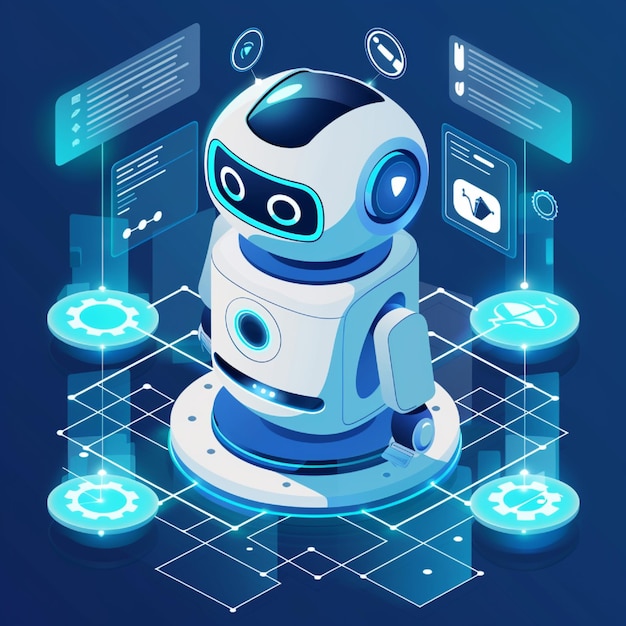
Today, let’s talk about how technology intersects with health. Ever heard of ChatGPT? It’s an artificial intelligence (AI) chatbot that’s gaining popularity in the health community, and here’s why.
Recently, researchers published a study in the journal *Human Vaccines and Immunotherapeutics* where they tested ChatGPT. They fed it the top 50 most frequently-asked COVID-19 vaccine questions, many of which were based on myths and misinformation. Impressively, ChatGPT scored an average of nine out of 10 for accuracy!
Although it sometimes left out bits of information, the experts from the GenPoB research group at the Instituto de Investigación Sanitaria (IDIS) believe that ChatGPT can be a reliable source of non-technical information for the public.
This is particularly beneficial for those who aren’t experts in virology but still want to understand the science behind vaccines. Remember when the World Health Organization (WHO) listed vaccine hesitancy as one of the top 10 threats to global health in 2019? Much of that hesitancy stemmed from misinformation spread on social media.
That’s where ChatGPT comes in. By debunking myths and providing accurate information, this AI tool could potentially boost vaccine uptake. Antonio Salas, the lead author of the study and a professor at the University of Santiago de Compostela in Spain, noted that ChatGPT’s language is easy to understand for the general public without sacrificing scientific accuracy.
However, he also emphasized that while ChatGPT is a reliable source, it can’t replace expert advice or scientific evidence.
ChatGPT’s user-friendly nature makes it accessible to many. But like all tools, it has its limitations. For instance, you might get different answers if you ask the same question with a slight delay. And while it’s designed to provide accurate information, there’s a risk it could be trained to give answers not aligned with scientific evidence. So, it’s essential to use it wisely and cross-check information when in doubt.
The digital age has brought us many wonders, and ChatGPT is undoubtedly one of them. As we navigate the vast sea of information online, tools like ChatGPT can be invaluable in helping us separate fact from fiction, especially regarding our health. But remember, while AI can guide us, consulting healthcare professionals for health-related decisions is always a good idea.